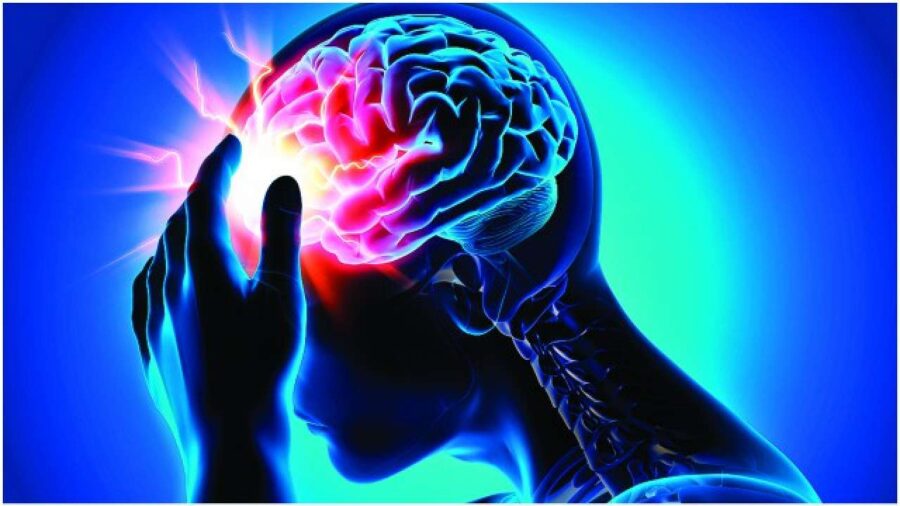A stroke is a neurological disorder in which the blood supply to the brain is interrupted suddenly and permanently. As a result, the brain lacks the nourishment it requires and begins to diminish. A temporary or permanent stroke can occur.
The person can return to their everyday life if the brain recovers from the injury. The good news is that most people can go back to their normal life with no stroke. Here are some suggestions for recovering from a stroke.
1. Establish a Routine
The stroke recovery journey is a gradual process that needs a lot of commitment and patience. A stroke will not alert you when it is about to strike like other common diseases. They do, however, occur in persons who are active and engaged in society.
Post-depression is likely to occur when the stroke attacks you, hindering your recovery. Establishing a routine that includes physical activity, appropriate eating habits, and social involvement might help your brain recuperate quickly. You should constantly support your loved ones to heal by participating in recovery activities with them, such as exercise.
2. Exercise Regularly
You may have heard that you shouldn’t exercise after a stroke, but you can help yourself heal by doing easy activities. The brain nerves are most affected by a stroke. Exercise induces the release of chemicals in the brain that are linked to improved memory and other cognitive skills.
It also relieves tension, which is crucial for anyone suffering from a stroke.
You can hire a personal trainer to guide your affected individual through the safe exercises they can perform. The inappropriate activity can injure the patient, resulting in even more devastation.
3. Eat a Healthy Diet
A balanced diet can aid in your brain’s recovery after a stroke. No single diet will suit everyone, but vitamin B, manganese, and selenium are three very significant elements. Vitamin B aids the brain’s production of molecules required for nerve cell function.
Manganese aids in the prevention of brain tissue disintegration after a stroke. Selenium is an antioxidant that helps prevent inflammation linked to various illnesses, including stroke. To hasten their recovery, make sure your patient receives frequent supplies of recovery supplements.
If you are not sure of the food supplements you need to feed your patient, you can always consult with their doctor for guidance.
Another way to bet back on track is don’t drive or operate machinery.
It depends on the severity of the stroke when it strikes you. Since the stroke is unpredictable, it may crash your body unexpectedly. Somebody parts stop working after being hit by something at random. Because you may believe your stroke is not severe, you may be tempted to engage in activities such as driving.
When you put yourself in that situation, and your body fails while driving, you’re bound to have an accident. This puts you and your loved one in danger, maybe leading to future disasters. If you require immediate transportation, you can always hire someone.
Seek emotional support
It’s critical to receive emotional support from people while recuperating after a stroke. It’s natural to desire to isolate yourself from others since you could feel like a burden to them, especially if the stroke is attacking you for the first time.
People may also feel like distancing themselves from their affected person. This should not be happening. Be there for your afflicted loved ones, and as a patient, let others look after you. Friends, family members, and healthcare providers can all help.
There are other groups dedicated to helping those who have had a stroke. Some organizations offer free, confidential counselling. Words of encouragement will always keep the patient going.
Conclusion
A stroke can be a scary and life-changing event. It’s important to remember that you can get through this and recover. You can even go back to the same activities you had before the stroke. For people living with the affected personnel, give them regular support.
The key is to get the right help and follow a plan that works for you. If you’re looking for more information or want to connect with others in your situation, you can connect with the stroke community on Reddit, Facebook, and Twitter.

